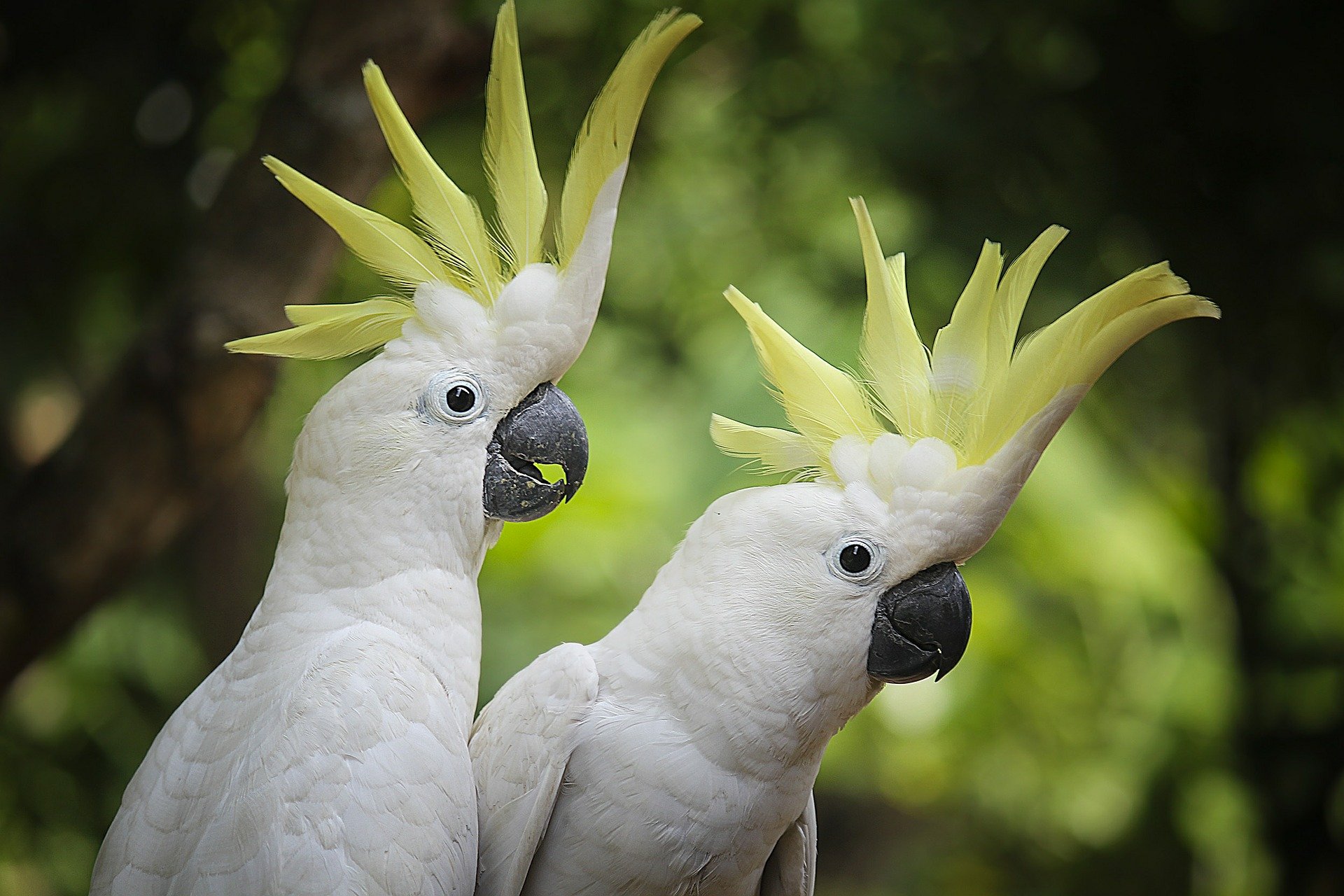Animal groups call on governments to make their lists, and check them twice, to find out which pets are naughty or nice
There are estimated to be around 13,000 species traded as pets. Positive lists make enforcement easier and reduce illegal trade.
In a new scientific paper, animal protection groups in Europe, the USA and Canada are recommending that governments adopt stricter measures to control the exotic pet trade in order to reduce animal suffering, slow species declines, safeguard ecosystems and prevent major public health issues. Governments are being asked to implement ‘positive lists’ of animals that can be safely sold and kept as pets without posing risks to people, the environment or the animals themselves. Under such a system, animals that don’t make the ‘nice’ list are prohibited from trade and keeping.
Authors of the scientific paper entitled, ‘Turning Negatives into Positives for Pet Trading and Keeping: A Review of Positive Lists’, published in the Journal ‘Animals’, claim that the current system of regulating the pet trade is failing. However, an alternative form of regulation that takes a precautionary approach has begun to establish – particularly in Europe and Canada. Belgium, for instance, has a ‘positive list’ for mammals containing 42 species including dogs, cats, horses, deer and rodents. Any species not included on the list, cannot be legally sold or kept. This is seen as a major improvement given that there are around 300 mammal species in the European pet trade - including big cats, primates and bats.
As part of the study, government officials spoke anonymously about how they struggled to enforce animal welfare legislation when fundamentally unsuitable species were available in trade. The positive list approach is attracting the attention of governments aiming to better control pet trading and keeping and is also gaining support from within the scientific and veterinary communities. Recommendations set out in the paper emphasise that selecting which animals go on positive lists should be based on the latest science.
Says Elaine Toland, lead author and Director of the Animal Protection Agency:
“Problems caused by the exotic pet trade, such as animal suffering, species declines, ecosystem disruption and public health issues, are extraordinarily difficult and costly to address. But these are the symptoms, and we are urging governments to tackle these problems at source by limiting the types of animals that can be legally sold and kept as pets. Introducing a positive list is a relatively simple and straightforward regulatory measure that has few, if any, downsides.”
There are estimated to be around 13,000 species traded as pets. Most exotic pet trading takes place online and increasingly via social media platforms such as Facebook, which makes it impossible to properly regulate. Authors of the scientific paper make the case that reducing the diversity of species in the pet trade would make enforcement easier and would reduce illegal trade.
Co-authoring the paper alongside the Animal Protection Agency were scientists and vets from People for the Ethical Treatment of Animals, World Animal Protection, Animal Advocacy and Protection (Netherlands), the Catalonian Reptile and Amphibian Rescue Centre, and Zoocheck Canada.
- For more information, please contact Elaine Toland on 01273 674253 or out of hours on 07986 535024.
- Link to full paper ‘Turning Negatives into Positives for Pet Trading and Keeping: A Review of Positive Lists’: https://www.mdpi.com/2076-2615/10/12/2371/htm
Animal Protection Agency, 15-17 Middle Street, Brighton, BN1 1AL, UK. info@apa.org.uk
Press release distributed by Pressat on behalf of Animal Protection Agency Foundation, on Wednesday 16 December, 2020. For more information subscribe and follow https://pressat.co.uk/
Animal Welfare Exotic Pet Pet Trade Conservation Public Health Ecosystems Positive List Government Policy Legislation Environment & Nature Farming & Animals Government
Published By

01273 674253
info@apa.org.uk
https://www.apa.org.uk
kat@apa.org.uk
elaine@apa.org.uk
Visit Newsroom
You just read:
Animal groups call on governments to make their lists, and check them twice, to find out which pets are naughty or nice
News from this source:


